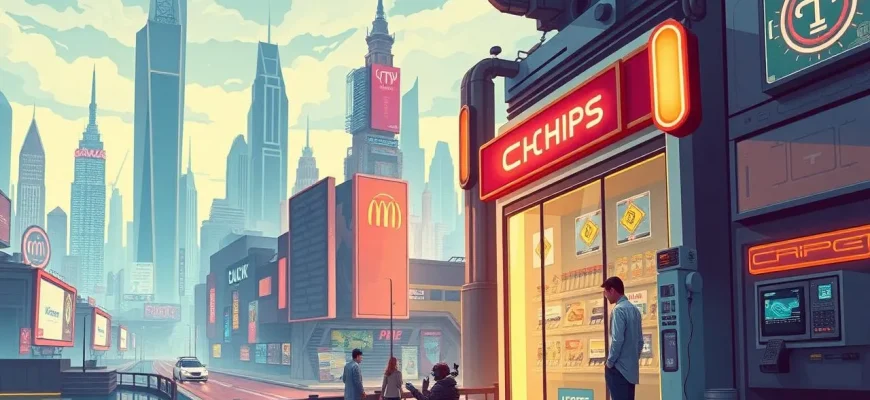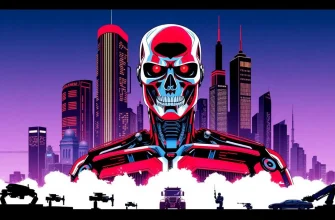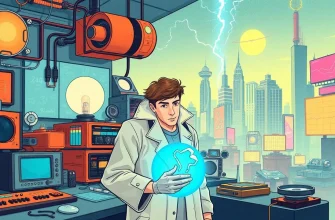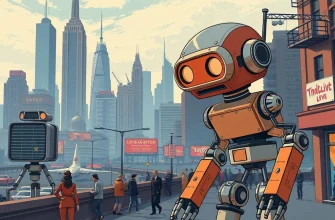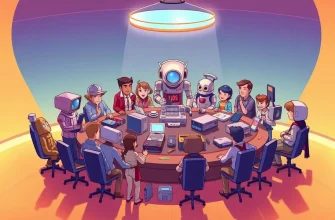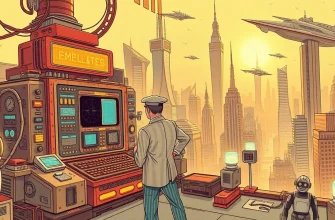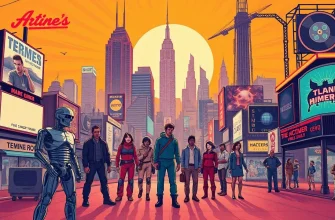In a world where technology is ever-evolving, the concept of chips has become a staple in science fiction cinema. These films explore the potential and perils of microchip technology, from mind control to artificial intelligence. This curated list not only entertains but also sparks curiosity about the future of tech and its impact on humanity. Whether you're a tech enthusiast or just love a good sci-fi yarn, these films offer a fascinating glimpse into what might lie ahead.
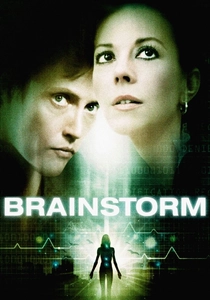
Brainstorm (1983)
Description: Scientists invent a machine that records and plays back sensory experiences, including thoughts and emotions, using a chip to interface with the brain, leading to ethical dilemmas.
Fact: The film was one of the last projects for both Natalie Wood and director Douglas Trumbull, who was known for his special effects work.
 Watch Now
Watch Now
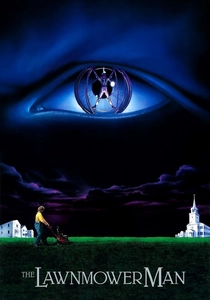
The Lawnmower Man (1992)
Description: A gardener with a low IQ is given experimental drugs and virtual reality treatments via a chip, leading to his transformation into a super-intelligent being with dangerous consequences.
Fact: The film was loosely based on a Stephen King short story, though King later disowned the film due to its significant deviations from his original work.
 Watch Now
Watch Now
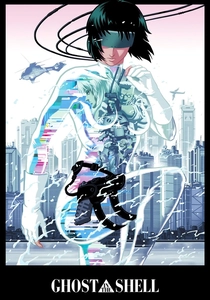
Ghost in the Shell (1995)
Description: This iconic anime film features a cyborg protagonist, Major Motoko Kusanagi, whose brain is augmented with a cybernetic brain chip, exploring themes of identity, consciousness, and the merging of human and machine.
Fact: The film was groundbreaking for its time, influencing many cyberpunk works, including "The Matrix." It was also adapted into a live-action film in
 Watch Now
Watch Now

The Matrix (1999)
Description: While not directly about chips, the film's premise involves humans being controlled by a virtual reality simulation powered by AI, with brain-computer interfaces playing a crucial role.
Fact: The Wachowskis created a unique visual style known as "bullet time," which has since become iconic in action cinema.
 Watch Now
Watch Now
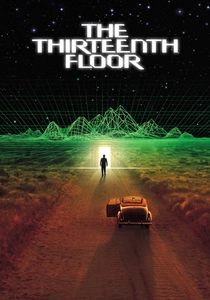
The Thirteenth Floor (1999)
Description: This film deals with virtual reality and the concept of simulated worlds, where characters' minds are interfaced with computers via chips, exploring the nature of reality.
Fact: The film is based on the novel "Simulacron-3" by Daniel F. Galouye, which also inspired the German TV series "World on a Wire."
 Watch Now
Watch Now
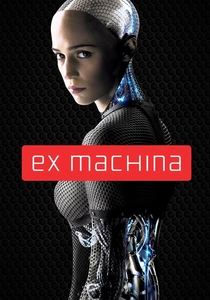
Ex Machina (2014)
Description: This film explores the creation of an AI with a human-like consciousness, where the AI's intelligence is partly due to advanced chip technology.
Fact: The film was shot in a remote location in Norway, and the house where most of the film takes place was built specifically for the movie.
 Watch Now
Watch Now
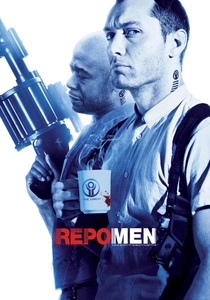
Repo Men (2010)
Description: In a future where artificial organs are controlled by a chip, this film follows repo men who repossess these organs when payments are not made, exploring themes of corporate greed and the value of life.
Fact: The film stars Jude Law and Forest Whitaker, and its original script was much darker and more violent.
 Watch Now
Watch Now
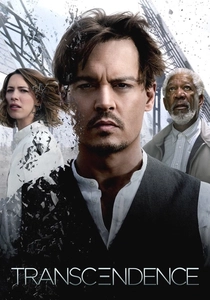
Transcendence (2014)
Description: This film delves into the concept of uploading human consciousness onto a computer chip, exploring themes of AI, immortality, and the ethical implications of such technology.
Fact: Johnny Depp's character, Dr. Will Caster, becomes the first human to achieve digital immortality. The film was directed by Wally Pfister, Christopher Nolan's longtime cinematographer.
 Watch Now
Watch Now
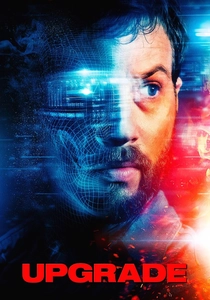
Upgrade (2018)
Description: After a brutal attack leaves him paralyzed, Grey Trace receives an experimental chip implant that not only heals him but also grants him superhuman abilities, leading to a thrilling exploration of revenge and control.
Fact: The film was shot entirely in Australia, and the director, Leigh Whannell, also wrote the screenplay for the "Saw" franchise.
 Watch Now
Watch Now
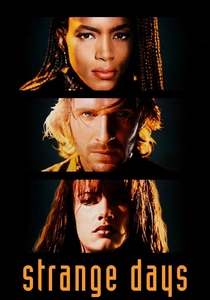
Strange Days (1995)
Description: Set in a near-future Los Angeles, the film features a technology called "SQUID" that records and plays back memories directly from the brain, essentially using a chip to interface with human consciousness.
Fact: The film was directed by Kathryn Bigelow, who later won an Academy Award for Best Director for "The Hurt Locker."
 30 Days Free
30 Days Free

